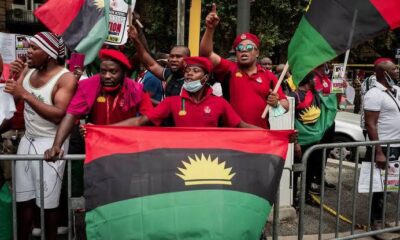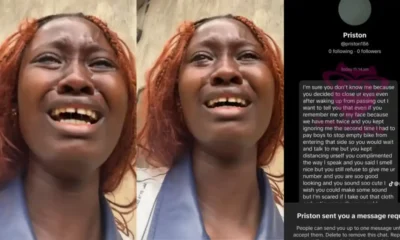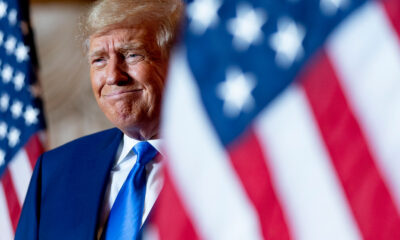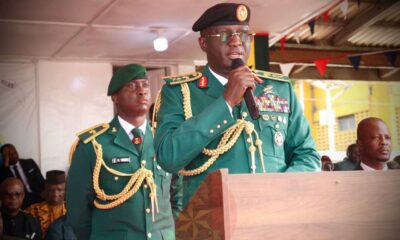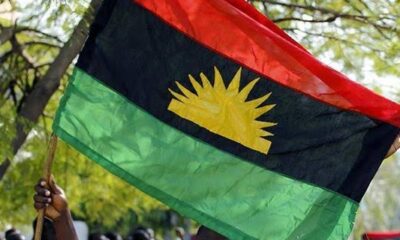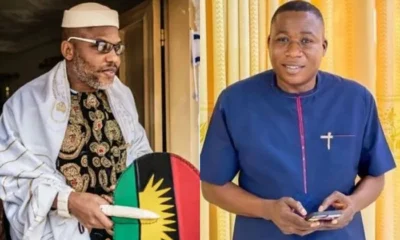News
Pope Leo lists Nigeria as a hotspot for Christian persecution
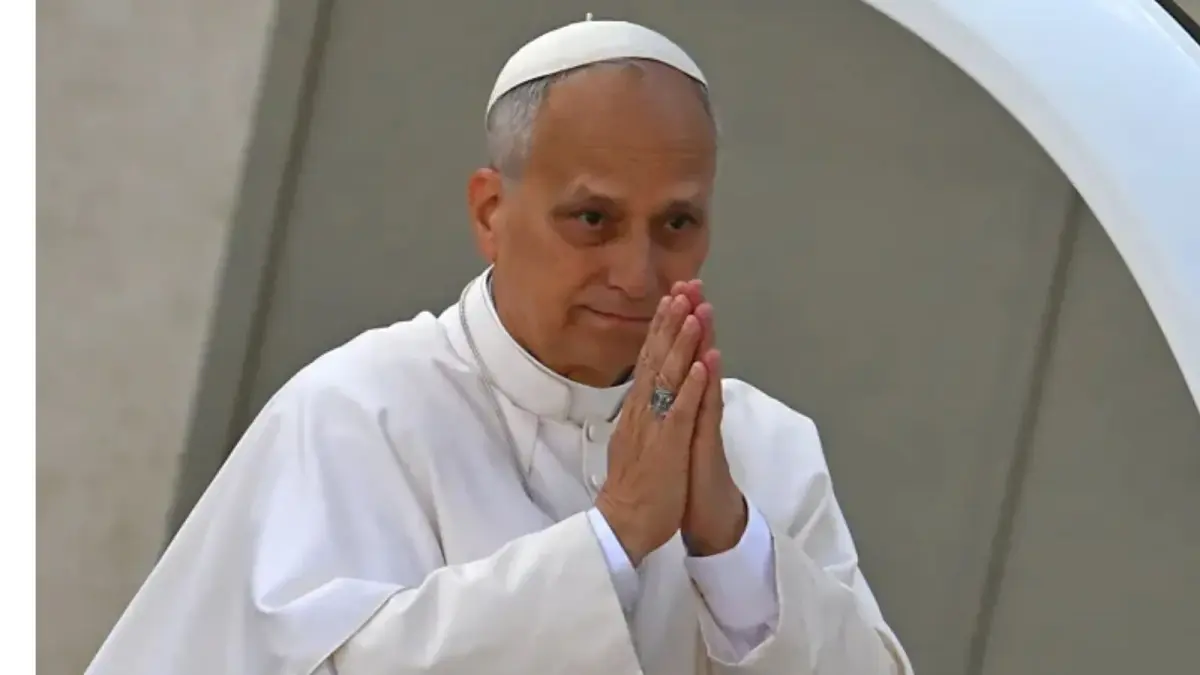
- Pope Leo XIV has raised fresh concern over persistent attacks on Christians in Nigeria, listing the country among global hotspots of religious persecution as international debate over alleged Christian genocide intensifies.
Pope Leo XIV, head of the Catholic Church and Sovereign of Vatican City, has listed Nigeria among countries where Christians face frequent attacks, alongside Bangladesh, Mozambique, and Sudan.
In a message posted on his official X account on Sunday, the pontiff expressed deep concern over the continuous assaults on Christian communities and worship centres worldwide, calling for renewed prayers for peace, protection, and unity among all believers.
“In various parts of the world, Christians suffer discrimination and persecution. I think especially of Bangladesh, Nigeria, Mozambique, Sudan, and other countries from which we frequently hear of attacks on communities and places of worship. God is a merciful Father who desires peace among all His children!” he wrote.

He also prayed for families in Kivu, Democratic Republic of the Congo, where recent massacres claimed several civilian lives. “Let us pray that all violence may cease and that believers may work together for the common good,” the pontiff added.
DON’T MISS: DR Congo Mine Collapse Kills At Least 32 Miners
His remarks come amid escalating global debate over alleged Christian genocide in Nigeria. Former U.S. President Donald Trump recently warned that unless the Nigerian government halted the killings, Washington could consider deploying troops “to wipe out the jihadists.”
The Federal Government, however, dismissed the genocide narrative, describing it as false, misleading, and a misrepresentation of the country’s complex security issues.
Intensifying the controversy, U.S. Congressman Riley Moore on Sunday criticised President Bola Tinubu’s statement that Nigeria does not tolerate religious persecution, arguing that the situation on the ground sharply contradicts the President’s position.

The conversation around a purported “Christian genocide” continues to dominate public discourse, with Nigerians sharply divided over the accuracy and motives behind the claims.







